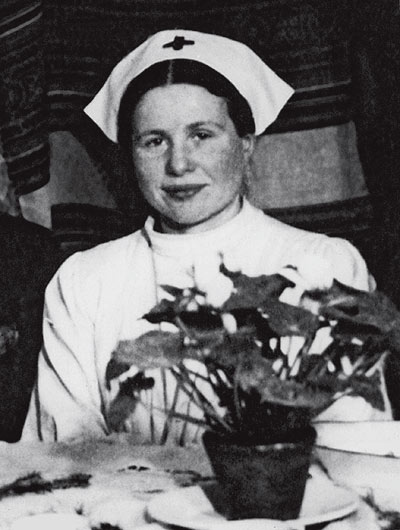The man who volunteered for Auschwitz: the greatest story never told
Sunday, June 10th, 2012 Some time ago, I discovered the peculiar connection between Czesław Miłosz and the Franciscan priest, Father Maximilian Kolbe – I wrote about it for the Poetry Foundation here.
Some time ago, I discovered the peculiar connection between Czesław Miłosz and the Franciscan priest, Father Maximilian Kolbe – I wrote about it for the Poetry Foundation here.
Kolbe had the distinction of being the only person who ever volunteered to die at Auschwitz. This claim is not generally made for him, but my sources were good. I visited a researcher at Auschwitz, Piotr Lipiński, and he explained that the death camp wasn’t the sort of place that fostered altruism. More convincingly, he explained that the Communist authorities who assumed power after the war were very eager to find someone else – someone besides a priest, that is – who had made such a terrible deal.
The Communist government was anxious to bury the stories of Polish wartime heroes – it’s one reason, for example, the name of Irena Sendler, the woman who saved 2,500 children from the Warsaw ghetto, did not become known until after 1989. (I’ve written about her, oh, here and here and here and here and here and here.) Or the name of Jan Karski, who received a Presidential Medal of Freedom last month.
So here’s another one to add to the list: Captain Witold Pilecki, who had the distinction of being the only known person to smuggle into Auschwitz, so he could report back to the Allies about the conditions there. They didn’t listen. They thought he was exaggerating.
Since 1989, Poles, too, have been learning about him, thanks to a 2006 movie, The Death of Witold Pilecki, with Marek Probosz portraying the hero. The movie, with English subtitles, hasn’t had wide circulation. Your better chance might be a new book: The Auschwitz Volunteer: Beyond Bravery. It’s been published by Aquila Polonica in Los Angeles. That means it’s probably not going to get much mainstream publicity. (NPR did a 2010 broadcast about him – it’s here.) This heavily illustrated, 400-page book is the first translation into English of his report.
Auschwitz, of course, was not originally a camp for Jews, but rather P.O.W.s. Pilecki, who was one of 150,000 Polish prisoners, was at Auschwitz from September 1940 to April 1943, and would have seen its transition before he escaped. Rabbi Michael Schudrich, the chief rabbi of Poland, wrote the foreword to the book: “When God created the human being, God had in mind that we should all be like Captain Witold Pilecki, of blessed memory. May the life of Witold Pilecki inspire us all to do one more good deed, of any kind, each and every day of our lives.”
Norman Davies writes in the introduction:
“I myself became fully aware of the greatness of Witold Pilecki while conducting research on the Warsaw Rising of 1944. Here was a man, who almost single-handedly had held up the German panzers on one of Warsaw’s main thoroughfares for a fortnight; using the pseudonym ‘Roman’, he then disappeared into his dugout and continued the struggle until the Rising capitulated over two months later. Only then did I realise that this was the same heroic character, who four years earlier had deliberately arranged to be arrested by the SS and be transported to Auschwitz. In 1943, having engineered his escape, he wrote the first version of his Report on Auschwitz, which I had read and which had been the first of several attempts to inform the outside world of what was really happening. Pilecki was a Polish officer and Catholic who viewed his fight against his country’s oppression as synonymous with his patriotic and religious duty. If there was an Allied hero who deserved to be remembered and celebrated, this was a person with few peers.”
Like so many others (including Sendler) he was tortured by the Communist authorities. Pilecki was executed at their hands in 1948. Compared with the Communists, “Auschwitz was easy,” he said after his sentence was pronounced. His body has never been recovered.






